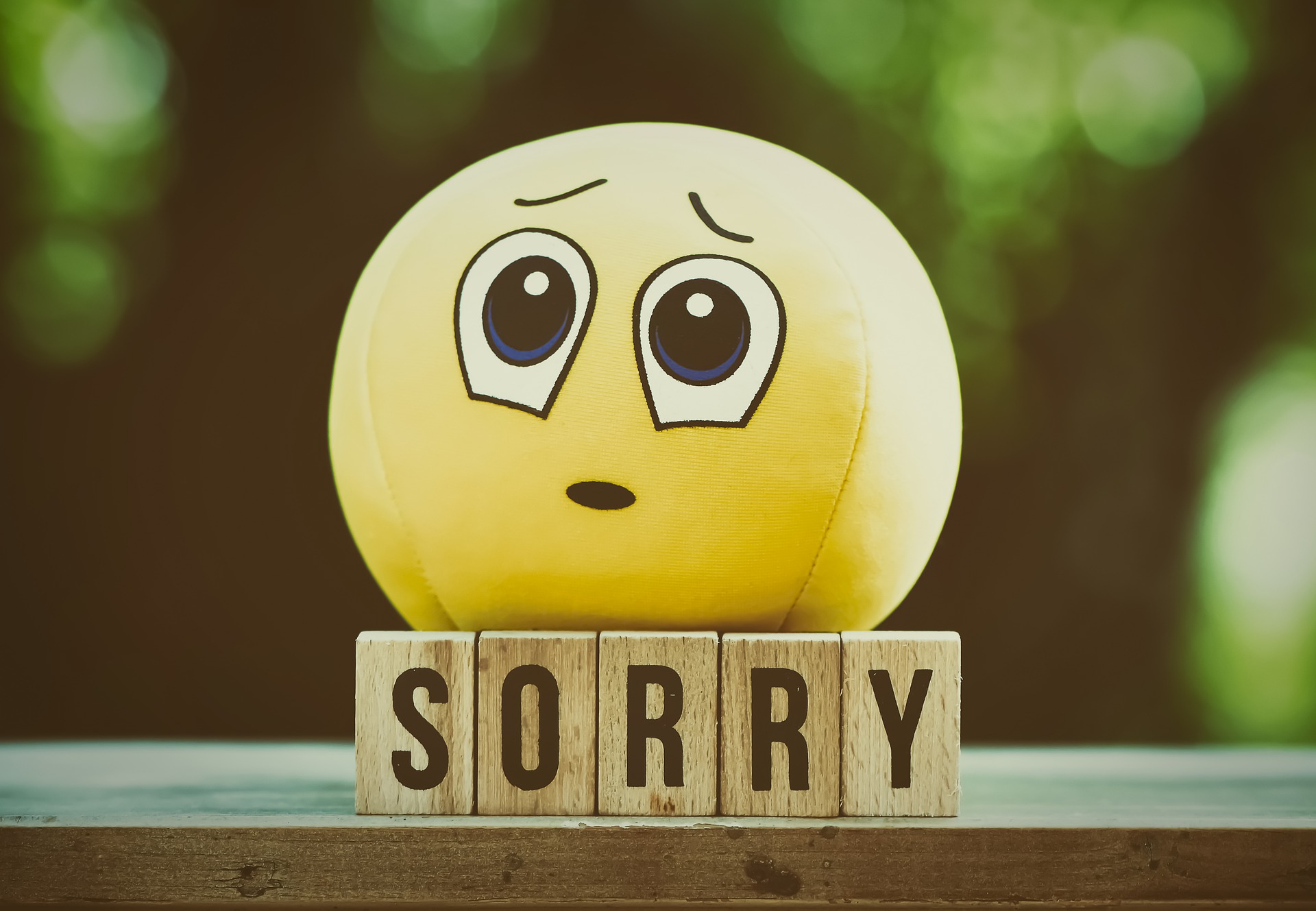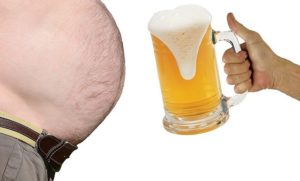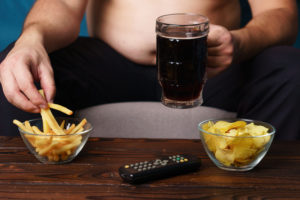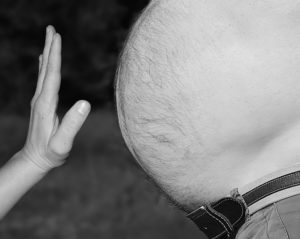Why Do the Japanese Outlive Us in America – Without a 24 Hour Fitness?
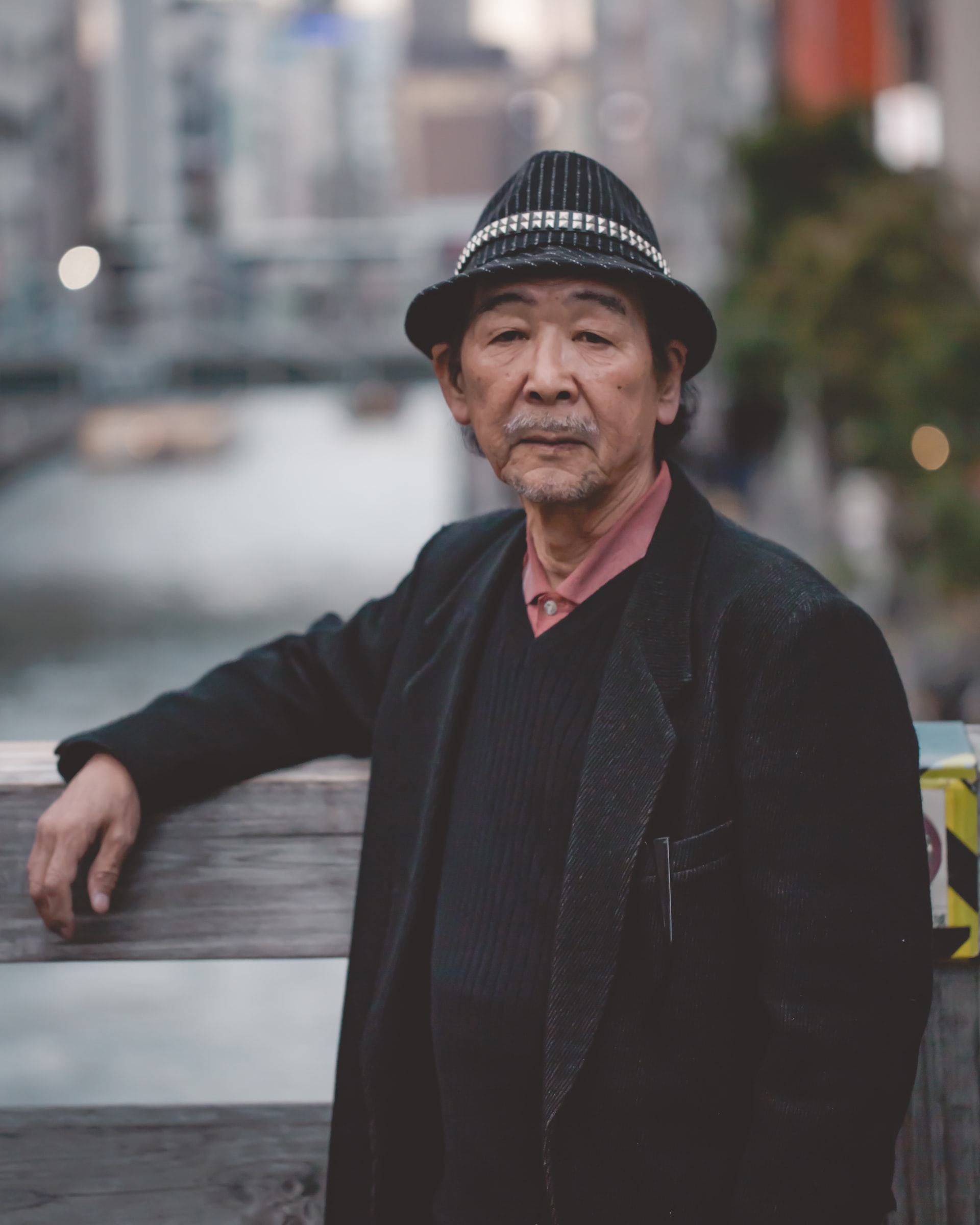
Photo by Ash Edmonds on Unsplash
Remember when GM, Ford, Chrysler scoffed at the quality of Japanese “rice burners” that started showing up on the U.S. market back in the 1970s and dismissed their presence as a potential threat.
Not long thereafter, the American auto industry started rolling out gems like this rolling bathtub –

– while Toyota and Honda began eating their lunch with Accords and Lexus’s?
We’ve been slow to learn in lots of areas, refusing to budge from our “greatest country on earth” arrogance.
This may be another one. Did you know that –
– fewer than 3% of Japanese go to a fitness club.
– life expectancy in Japan is 84.9 years (#2 globally behind Hong Kong), 6 years longer than the 78.9 for the U.S. (which places us 39th globally, between Curacao and Poland).
–Japanese experience fewer deaths from ischemic heart disease and cancer (especially breast and prostate cancer).
-the obesity rate in Japan is about 5% for men and less than 4% for women, compared to an obesity prevalence of over 42% in the United States.
It’s not that the Japanese don’t exercise. They just do it much differently and, it seems, without the need for mirror muscles and “personal bests” in anything.
When researchers asked Japanese young people in their 20s about regular exercise, they got these responses:
- walking (42 percent)
- stretching (24 percent)
- jogging (22 percent)
No mention of dumbbells, kettlebells, Peloton, or BowFlex.
Approximately half of those queried offered that they barely exercised, about once a month or not at all. Exercises with names like rajio taiso, dai-ichi, dai-ni, dai-san are common and usually start with children.
So far, I haven’t heard any of those exercises offered up at my 24 Hour Fitness.

You don’t suppose that diet plays a role in this longevity?

Duh!
There are a handful of diets associated with good health and the prevention of cardiovascular disease. Those include the Mediterranean diet, the DASH (Dietary Approaches to Stop Hypertension), the vegetarian diet, and – VOILA! – the Japanese diet.
This chart contrasts the Japanese diet versus other developed countries and provides some of the “why” to this greater longevity (I’ve circled those components that stand out versus the Standard American Diet).
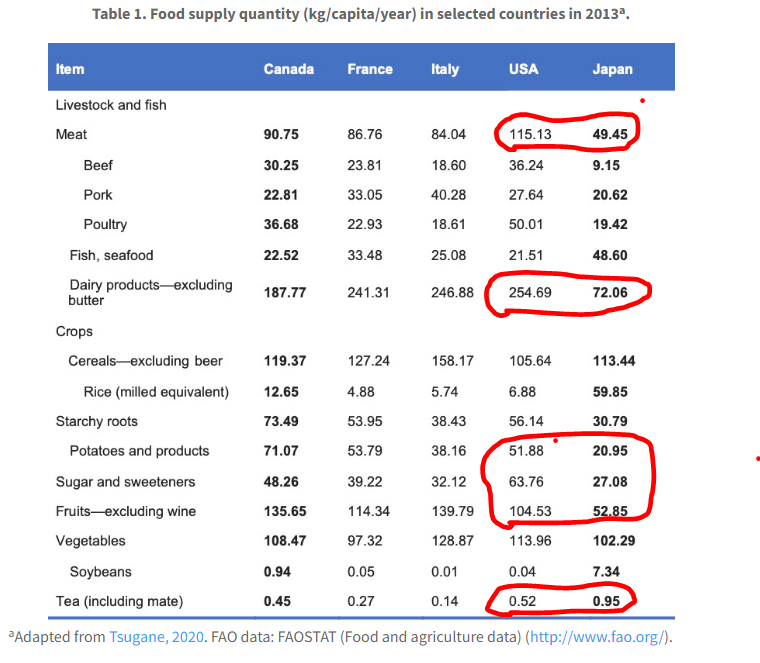
It’s no secret we like our meat, starch, and sugars. And we’re not inclined to give them up or moderate them even when nearly half of us in the U.S. have fatty liver disease and are overweight or obese.
It’s complicated –
-this whole diet thing.
I chirped a couple of weeks ago about the content of the book “Metabolical” by Dr. Robert Lustig. It’s a complex read and has drawn out considerable ire from several communities, including his own medical profession and from nutrition professionals.
I’ve watched a handful of podcast interviews of Dr. Lustig and find him very focused and consistent on his message. A one-sentence summary of his position is:
Protect the liver, feed the gut. Stop eating processed foods, increase the fiber, and eliminate the sugar.
With Dr. Lustig, calories don’t count. It’s what’s been done to the food that we eat that counts. Calories are independent of the content that is producing the insulin resistance that is leading to fatty liver disease and obesity. You can imagine how well that goes down in a medical and nutrition/diet community that has been preaching “calories in, calories out” for almost a half-century.
If you’ve plodded through the book, you’ll have discovered that he doesn’t advocate for any type of diet – vegan or ketogenic. He’s good with either one – or a combination. It’s all about the adulteration of the food, the lack of fiber, and the sugar. I’m sure he would endorse the Japanese diet with its reduced sugar and starch.
We all have a vote.
He’s predicting that “food will be the next tobacco” but that it will take 20-30 years to turn this ship away from unhealthy food. I found it interesting that he says on one podcast that our starting points that will get this change started are (1) eliminating food subsidies and (2) reaching the children.
In the book, he makes his point:
“Right now, the only things standing between us and success are: sugar addicts in the population, hubris addicts in the medical and ancillary professions, money addicts in the food and pharma industries, and power addicts in Washington and beyond. But things can change when the culture changes.
How do you change an entire culture? In the last forty years, we’ve witnessed four separate cultural tectonic shifts in America: 1) smoking in public places; 2) drunk driving; 3) bicycle helmets and seat belts, and 4) condoms in bathrooms. In 1980, if any elected official stood up in a State House or in Congress or in Parliament and proposed legislation to combat any of these, he or she would have been laughed right out of office. Today, they’re all facts of life.
We also taught the children who grew up and started voting. And the naysayers, well, they’re all dead. That’s why culture shifts are generational shifts. You’re seeing it now with climate change. We need a global reckoning around food. It’s already started, but it has to pick up more steam.
What can you do today? You have the vote – instead of the a ballot box, you have your fork. Your vote is tallied immediately. And you get to vote twenty-one times a week – every meal, three times, every day.
Vote early. Vote often.”
I’m feeling less guilty.
I followed “Metabolical” with another book recommendation and found myself entangled in equally complex and oft-confusing explanations of what goes on in all of us metabolically. This book doesn’t come from a clinician but from a highly regarded scientific journalist by the name of Gary Taubes in a book entitled “Why We Get Fat and What To Do About It.”
Backed by amazing historical research revealing the bad nutritional science of the last century and an amazing grasp of our metabolical functions, Taubes builds a case somewhat similar to Dr. Lustig’s with regard to the elimination of processed food and sugar but comes down more in support of the importance of fat in our diet.
It’s complicated and technical too, but I found it compelling enough to stop beating myself up for those occasional times when we sneak some beef into a stew or include a chicken breast as a part of a meal.
What’s a person to do?
First it’s this, and then it’s that. Then it’s don’t do this or be sure to do that. It’s like dancing on peanut butter, this whole diet and metabolism thing.
I certainly am not qualified to offer up any dietary advice. I will just say that, after these readings, I’m buying into both authors positions and aiming to:
Protect my liver, feed my gut by reducing processed foods, increasing the fiber, radically reducing the sugar, and being sure to consume appropriate amounts of healthy fat.
No vegan. No keto. Somewhere in between.
Maybe – more Japanese like!
Except, I’m not giving up my trips to 24 Hour Fitness.






